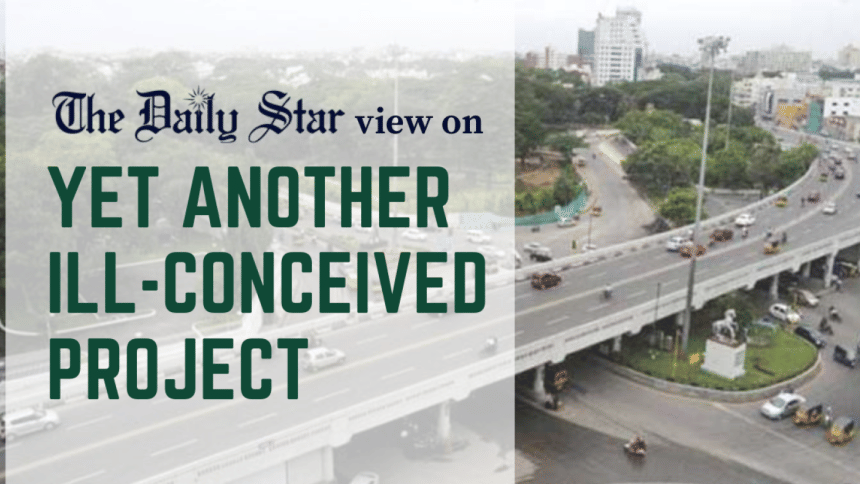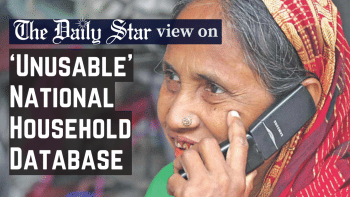A pandemic of ill-conceived projects

Bangladesh clearly has an execution problem when it comes to projects. Few public projects finish on time, and fewer still without their costs escalating to ridiculous heights. This is perhaps the biggest barrier to tax-paying citizens getting their money's worth from the avalanche of projects launched round the year. According to the Centre for Policy Dialogue (CPD), lack of good governance in implementation is undermining the efficiency of public infrastructure projects (PIPs) despite the huge investments being made.
Having commented on this issue just the other day, we're pained to know of another instance in which a PIP on the Dhaka-Sylhet highway – which was supposed to finish by June 2015 at a cost of Tk 239.7 crore – was completed five years after the original deadline, and at a cost of Tk 353.36 crore. That's 250 percent extra time and 47.36 percent additional funding, according to an official estimate. It happened because the project was undertaken without any feasibility study, a fundamental requirement, thus necessitating a series of revisions in later stages. This is, unfortunately, the story of many other projects as well, and it's stupefying that those at the planning ministry would still greenlight them.
The absence of a feasibility study is just as bad as the presence of a weak feasibility study, both of which are fairly common. It's the first and perhaps most consequential factor in poorly planned undertakings. Other problems identified by the CPD include coordination failure, delays in land acquisition, frequent changes of project directors, etc. Mismanagement is the running theme behind all such obstacles. Delays can also trigger a chain of costly disruptions including – as it happened in a project by the Anti-Corruption Commission – expiry of licensed material. The material in question, as reported by a national daily, is software needed for a planned digital forensic lab. And it is set to expire even before the project can take off!
This is a sad commentary on how even projects meant to tackle corruption are instead drowning in it. The same thing happened to another project that was meant to reduce corruption in government aid programmes. The upcoming National Household Database, we're told, will be "unusable", even after being eight years in the making and having spent Tk 727 crore to make it. Is there no institutional mechanism to check such systemic problems and consequent disappointments?
We urge the government to establish accountability to ensure that all of its projects are planned and executed properly. Ill-conceived projects not just drain us financially, but also potentially cancel out their benefits. This has been going on for so long, and it is the public who have had to pay for it. We must stop this culture.


 For all latest news, follow The Daily Star's Google News channel.
For all latest news, follow The Daily Star's Google News channel. 








Comments